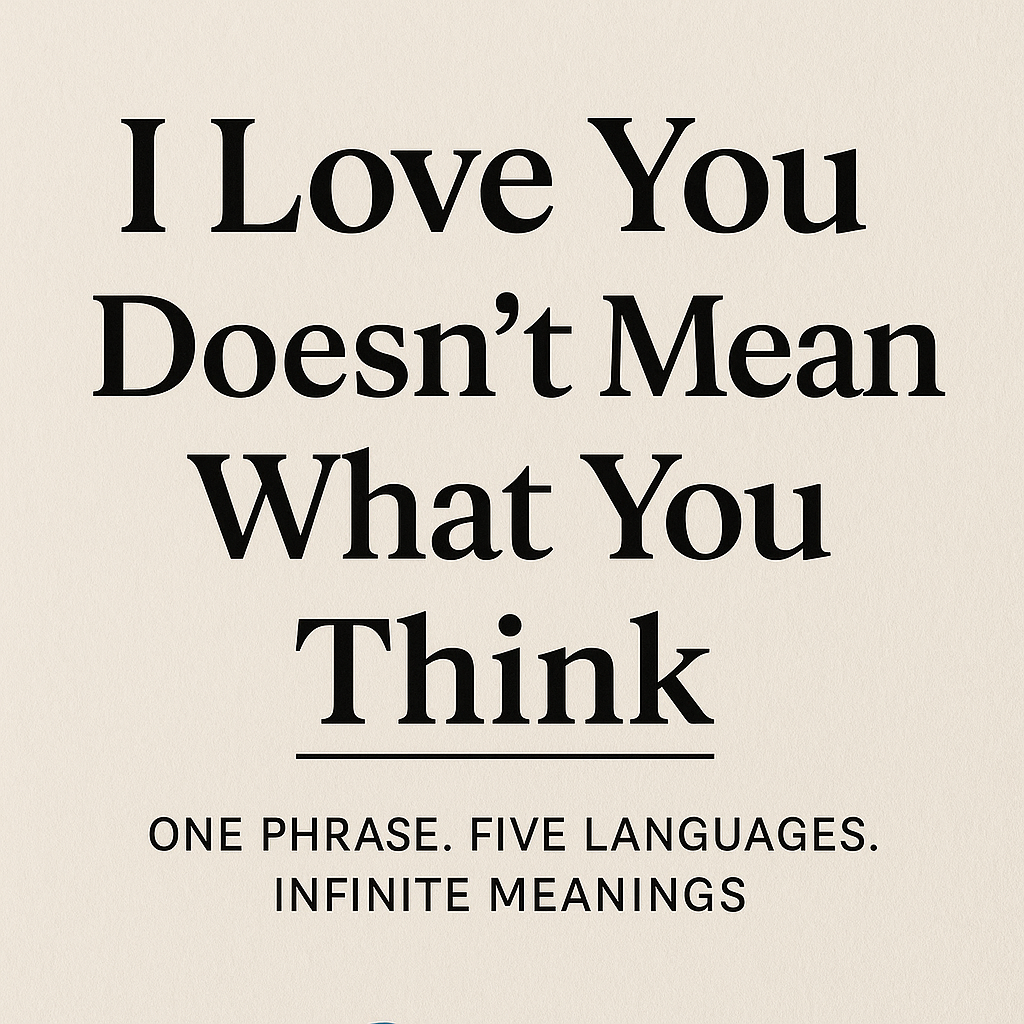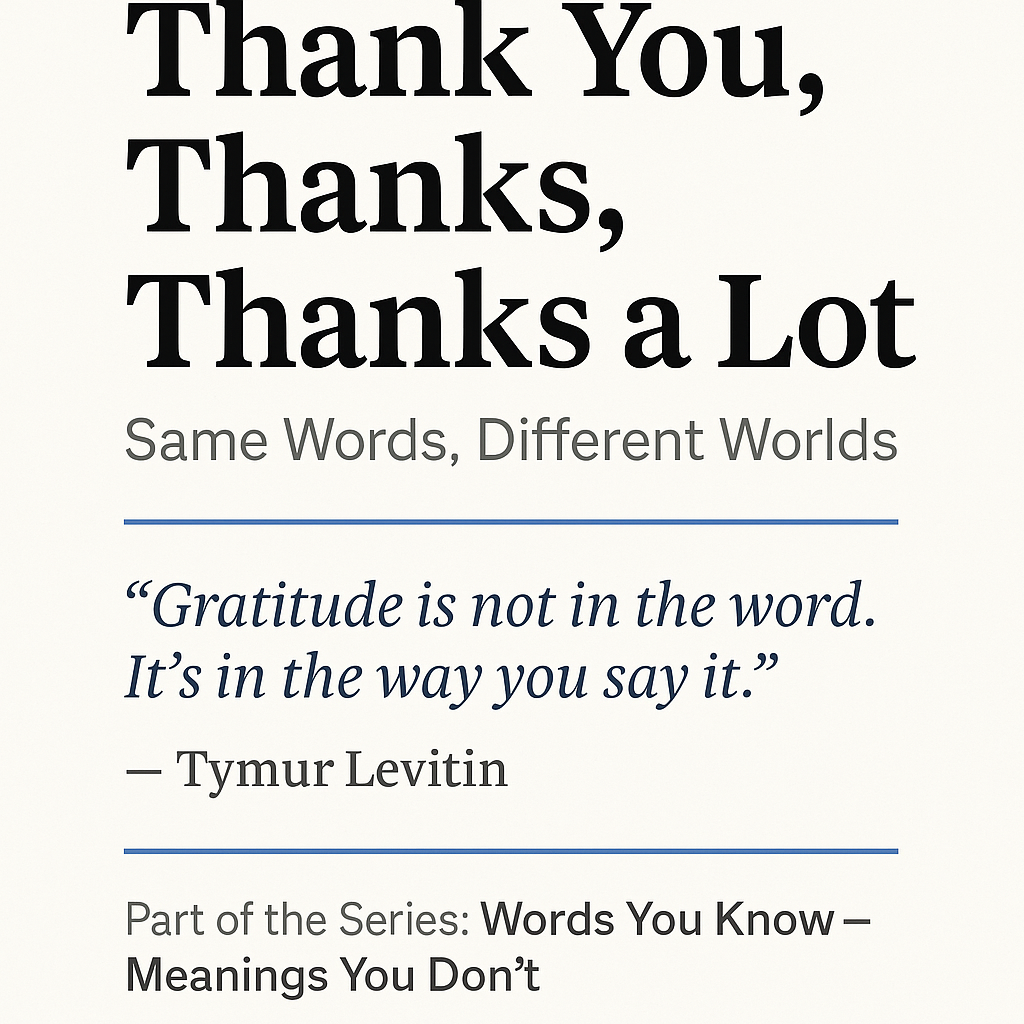🔗 Wählen Sie Ihre Sprache:
Explore our German Teachers
We see it everywhere in German.
-ung.
At the end of nouns like Rechnung, Bewegung, Übung, Entwicklung, Aussage, Erfahrung, Verbindung… and many more.
But what exactly does -ung mean?
And how does it compare to English?
🔸 -ung = a process, a result, or a concept
In most cases, -ung nouns come from verbs.
They express:
- The process: Bewegung = the act of moving
- The result: Entwicklung = the development
- The abstract concept: Verbindung = connection
In that way, they’re similar to English words like:
- movement, development, connection, payment, decision…
But -ung doesn’t just mean “-ment” in English.
Sometimes it matches words ending in “-ion”, “-ing”, or something else entirely.
Let’s look closer.
🔸 All -ung nouns are feminine
Here’s the first key fact:
All nouns ending in -ung in modern German are feminine — they take the article die.
There are no known masculine or neuter nouns with this ending in standard usage.
That’s why it’s safe to learn: “If it ends in -ung, it’s die.”
Why do many textbooks say “almost always”?
Good question. Probably because:
- Some learners may hear rare non-standard forms in dialects or poetry.
- Language is full of exceptions — authors are being cautious.
- Some older, obsolete forms may show up in literature.
But in real usage und modern German:
die Übung, die Bewegung, die Entwicklung, die Verbindung…
Always die.
🔸 English -ing is not the same
Many students assume that -ung just equals -ing.
But that’s not true — especially not grammatically.
In English, words ending in -ing serve three different roles:
➤ 1. Present Participle (Partizip I)
Example: The burning house
This is an adjective. In German: das brennende Haus
German forms it with Partizip I — the verb + -end.
brennen → brennend, arbeiten → arbeitend, laufen → laufend
Dies ist nicht an -ung word.
➤ 2. Gerund (das Gerundium)
Example: Reading is fun.
This is a verb acting like a noun — expressing an activity.
In German: you usually use a noun form of the verb:
Lesen macht Spaß. (Not Lesung here — Lesung means “reading session”, like an event.)
Again: not always -ung.
➤ 3. Verbal Noun (verbal noun)
Example: a good cleaning, a strong warning
This is where English and German match.
German:
die Reinigung, die Warnung, die Verbindung…
Englisch:
a cleaning, a warning, a connection…
These are noun results of actions — and this is when -ung appears.
So: not all -ing nouns in English become -ung nouns in German, and not all -ung nouns come from -ing forms.
That’s why literal translation can fail.
🔸 Think in categories — not endings
Instead of asking:
“What’s the German word for [X]?”
Ask:
“What category is this word in?”
“What is it doing in the sentence?”
Once you know if it’s an action, a process, a result, or an idea —
German gives you a clear way to express it.
Die -ung form is powerful — but only when it’s the right one.
🔗 Related reading from our blog:
→ Üben ist nicht Arbeiten: Why Practicing Is Not the Same as Working
→ Lebensarbeit, Lebenstätigkeit oder Lebensjob?
→ Stille vs Stil: When Silence and Style Sound the Same
📘 German with Tymur Levitin
Unter Start Language School von Tymur Levitin, we don’t just explain endings.
We teach the meaning behind the form — so grammar becomes a tool for clear, living thought.
Learn with us.
Learn through logic.
Learn for life.
🔗 Explore our German teachers
© Tymur Levitin — Author, Teacher, Translator






















